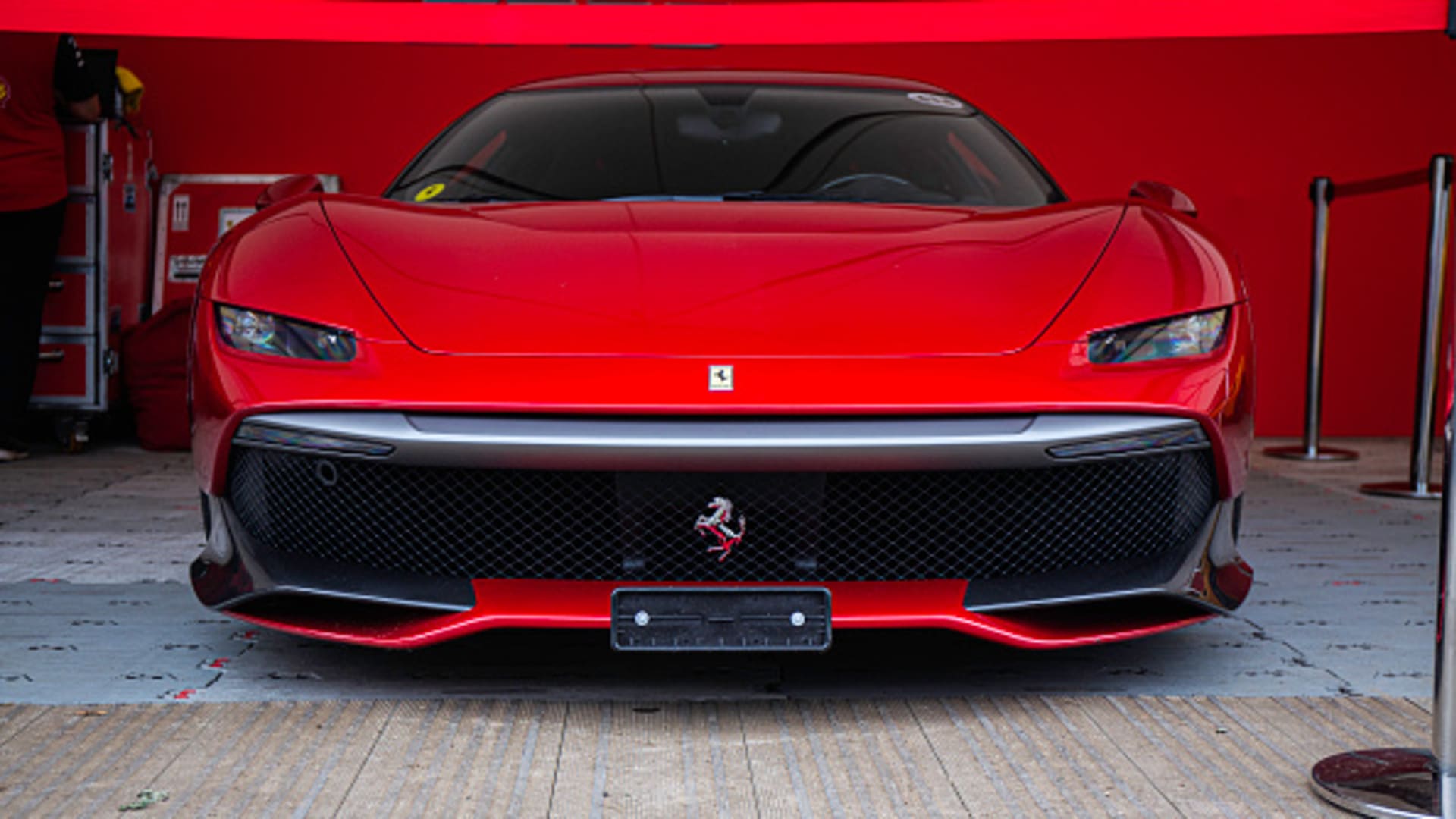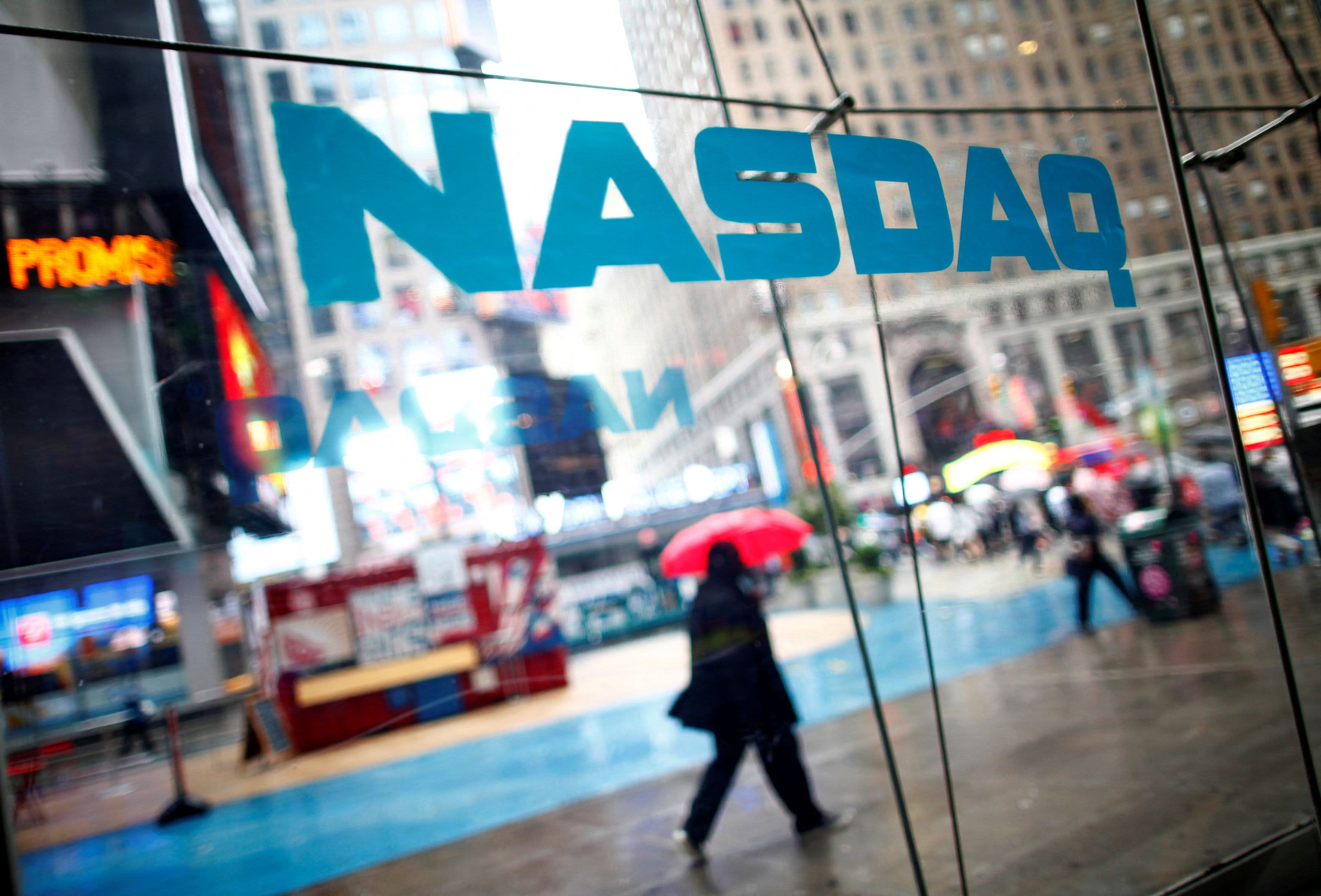This year wasn’t about which auto manufacturer stock performed the best. It was about which stock managed to escape the worst of the year’s selling pressure.
After significant growth in auto stocks in 2021, this year proved daunting with the EV startup bubble popping, low vehicle inventories and rising interest rates. That was in addition to fears of a recession and overall “demand destruction” for industry sales.
related investing news
Many of the world’s largest automakers performed well financially this year, but it wasn’t enough to offset the outside economic concerns that their most profitable days may be behind them.
“We are preparing for a challenging FY23 outlook for auto earnings on demand decline (higher rates), deflation (lower price/mix) and unfavorable changes in the supply/demand balance for EVs,” Morgan Stanley analyst Adam Jonas wrote in an investor note earlier this month.
The FactSet Automotive Index, which includes automakers and aftermarket parts, is off about 38% so far this year, as of Tuesday’s close. All major automakers and EV startups experienced double-digit declines this year – partially or completely offsetting their gains in 2021.
Many once-promising EV startups were among the biggest losers, as some ran into capital troubles or couldn’t scale production as quickly as anticipated. Rivian, Lucid, Canoo and Nikola experienced 76% declines or more year to date.
Traditional automakers were able to temper their stock declines better than the EV startups. But America’s largest automakers – General Motors and Ford Motor – both experienced declines of more than 40%, barring any surprise rally to end the year. Others such as Stellantis, Nissan, Toyota and Volkswagen have declined more than 25%.
Ferrari wins by losing the least
The company with the smallest decline was Ferrari, which year to date is only down by about 18% − making it the year’s best-performing automaker stock.
What drove that performance? For starters, the storied maker of high-end sports cars isn’t like other automakers: it’s expected to sell roughly 13,000 of its jewel-like sports cars by year’s end − fewer than giants like General Motors sell in a day. But those coveted cars go out the door at an average selling price of around $322,000 each, according to FactSet estimates.
Even at those prices, the waiting list for a Ferrari is long. The company limits its annual production to preserve its pricing power and exclusivity, a happy situation that gives Ferrari exceptionally strong profit margins and ensures that its factory isn’t likely to be idled anytime soon.
Most Ferrari models were sold out for the year by early November, CEO Benedetto Vigna said during Ferrari’s third-quarter earnings call, and he anticipates no problem with demand in 2023 – no matter how the world’s economies behave.
Vigna has good reasons for that view. Ferrari has several new models on the way to keep that waiting list long, including its first SUV-like vehicle, a sleek V12-powered four-door called the Purosangue that starts at about $400,000 in the U.S. Even at that price – and even for a four-door Ferrari – demand is brisk. Although Ferarri won’t even begin shipping the Purosangue for a few months yet, the company temporarily stopped taking orders last month after it sold out the first two years of production.
“The company’s focus on the unique quality and performance of its vehicles is unwavering, and has driven a track record of resilient financial performance, as well as significant intangible brand value and a true luxury status,” BofA Securities analyst John Murphy told investors in a Dec. 13 note, reiterating a buy rating on Ferrari and a $285 price target.
The Tesla story
Then there’s Tesla, which has proven to be one of the best automotive stocks for investors in recent years thanks to its tech-like valuation from Wall Street. Shares of the EV maker have plummeted more than 68% year to date.
Much of the decline in Tesla shares has come since CEO Elon Musk acquired social media platform Twitter. The stock is down more than 50% since the deal closed Oct. 27.
“We believe increasing negative sentiment on Twitter could linger long term, limiting its financial performance and become an ongoing overhang on TSLA,” Oppenheimer analyst Colin Rusch wrote in a note this month downgrading shares to perform from outperform.
Wall Street analysts expect 2023 to be another choppy year for automotive stocks. Here’s how legacy automakers, as well as top emerging EV startups, have performed this year.
- Ferrari (RACE): -18%
- Stellantis (STLA): -25%
- Toyota (TM): -26%
- Nissan (NSANY): -35%
- General Motors (GM): -43%
- VW (VWAGY): -46%
- Ford (F): -46%
- Fisker (FSR): -57%
- Tesla (TSLA): -68%
- Nio (NIO): -68%
- Lordstown (RIDE): -69%
- Nikola (NKLA): -75%
- Rivian (RIVN): -82%
- Lucid (LCID): -83%
- Canoo (GOEV): -86%
– CNBC’s Michael Bloom contributed to this report.


